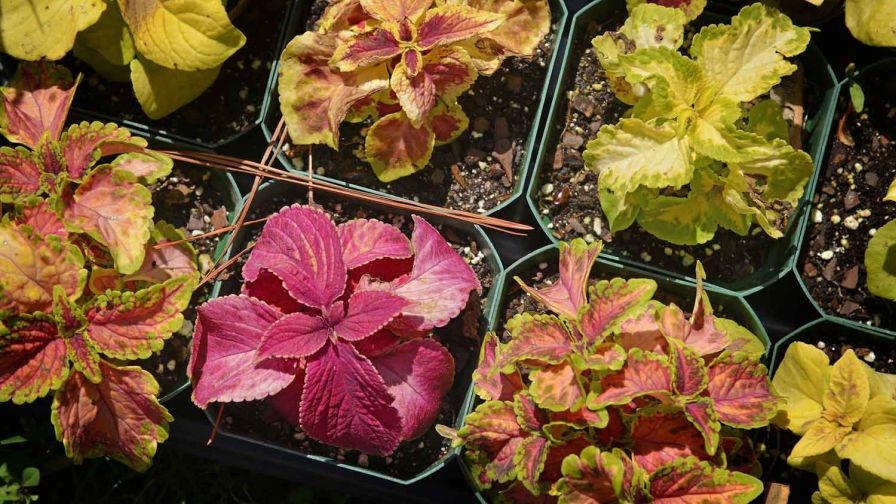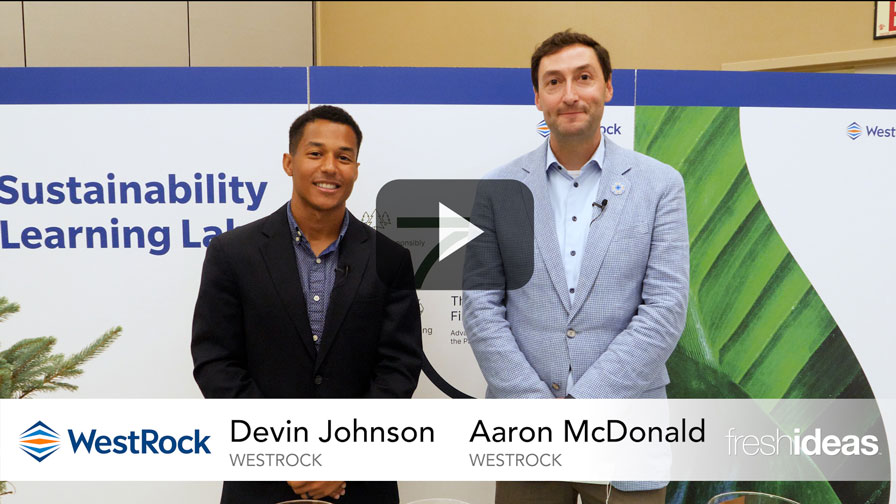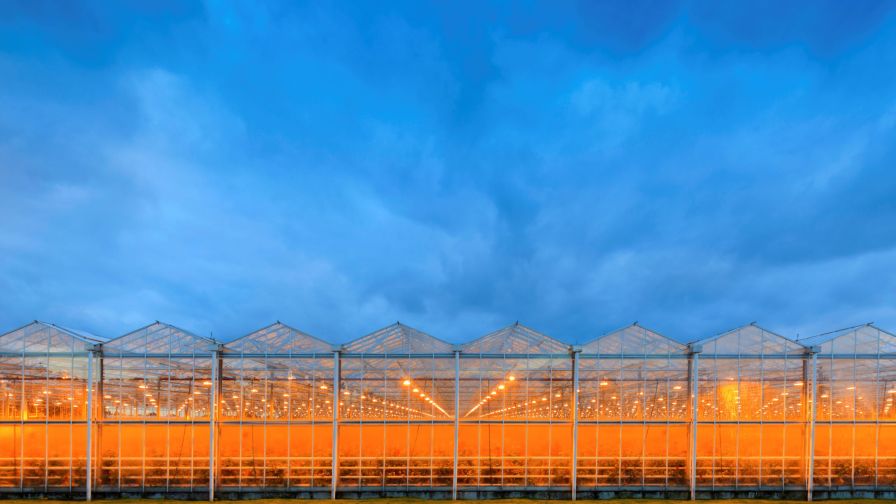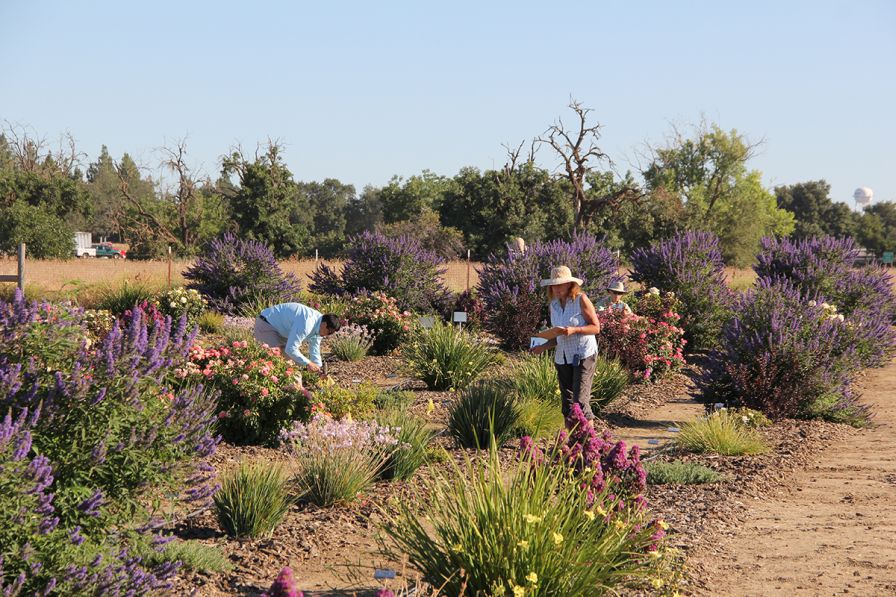How One Cannabis Grower Navigated the Challenges of a Growing Industry This Year
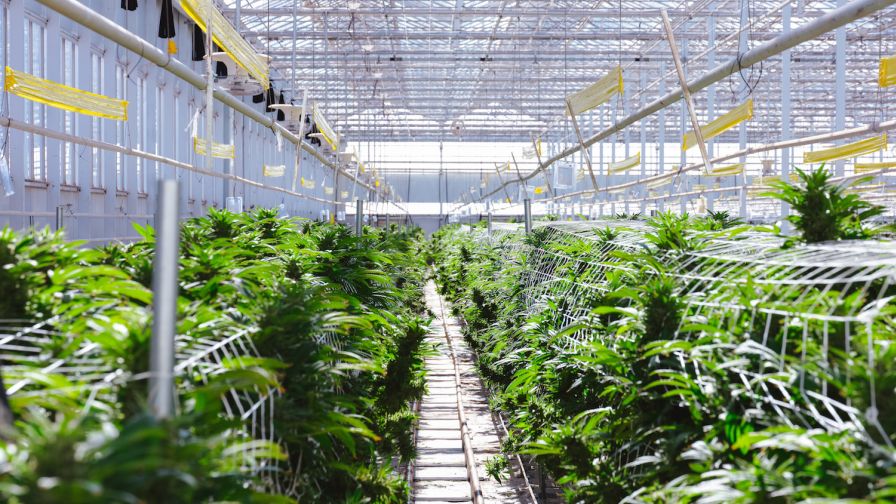
Copperstate Farms invested in several renovations leading up to legalization, including the latest hybrid greenhouse technology for air-flow, ventilation, temperature control, and lighting. Photo: Copperstate Farms
Cannabis cultivation has rapidly evolved over the past decade, from an underground economy of home grows to large-scale commercial agriculture endeavors. There are currently 35 U.S. states with medical and/or adult-use marijuana programs, making cannabis one of the fastest-growing industries in regions throughout the country.
From job growth to taxes and real estate, the economic impact of the industry is forecast to reach $92 billion in 2021 according to MJBizDaily. Regarding cannabis cultivation, the sector has undergone many transformations. As a highly regulated industry with strict compliance rules, cannabis cultivators must ensure operations are safe and consistent to provide high-quality products. In order to comply with state standards and meet growing consumer and patient demands, cultivators have ushered in a new era of state-of-the-art cannabis grow facilities.
Five Years of Innovation
Copperstate Farms is a vertically integrated cannabis operation in Arizona that is licensed to cultivate, manufacture, and distribute.
The Copperstate Farms greenhouse facility is located in Snowflake, AZ, and comprises 40 acres of glass greenhouses. It is one of the largest cannabis cultivation under glass in the U.S. and has already received approval by the local government to double its production footprint with an additional 40 acres.
The Dutch-engineered greenhouse facility was originally designed to grow tomatoes; however, that operation was not destined for longevity and inevitably shut down. Fife Symington, co-founder and Managing Director at Copperstate Farms, saw the greenhouses had potential, just in a different industry.
Sitting at 5,600 feet above sea level on the Colorado Plateau, Copperstate Farms averages 300 days of sunshine annually. The natural sunlight coupled with efficient lighting technology allows the operation to cultivate consistent, high-quality cannabis, while reducing the facility’s carbon footprint.
Symington has a strong background in big agriculture on an international level, having developed more than 850 acres of greenhouse space and founding a large vegetable distribution company. He recognized the value of the location and established Copperstate Farms with co-founder Scott Barker in 2016, a few years after medical marijuana sales were legalized in Arizona.
In a short timeframe, Copperstate Farms became the top wholesaler in Arizona and one of the largest employers in Snowflake, a small rural town of around 5,000. Despite developing its own internal best practices for growing cannabis and scaling considerably, Copperstate Farms, like many other cannabis operators, had to find new ways to handle the unprecedented growth that came with legalization.
The Impact of Legalization
In November 2020, Arizona voters approved Prop 207, also known as the Smart and Safe Arizona Act, by a margin of 60% to legalize recreational cannabis. The state then achieved one of the fastest adult-use rollouts out of any U.S. cannabis market. By the end of January 2021, adult consumers were making dispensary purchases. For contrast, Maine took nearly four years to answer voter wishes.
At Copperstate Farms, the team had made plans to ramp up accordingly, but had expected the transition from medical to adult-use to happen in June, not January.
“It was a bit of a fire drill in those first few months, but since we made the conversion, it’s been all about hiring,” Symington says. “We’re still looking for new team members at our cultivation facility and at our Sol Flower dispensaries. Bringing growth to the local economy has always been a mission. In 2019, we had 180 employees; we now have close to 700, with most of them based at our facility in Snowflake.”
The hiring initiatives at Copperstate Farms have included adding more advanced-degree professionals with backgrounds in modern plant science and analytical chemistry. The company recently completed construction on a new hydrocarbon lab that prompted the addition of four highly trained C1D1 technicians to oversee extraction operations.
The lab itself is outfitted with cutting-edge equipment to enhance extraction processes and expand production capabilities in the cannabis concentrates category. The 1,000 square-foot lab space includes large-scale hydrocarbon extraction equipment that is used to produce high-quality live resin concentrates.
Copperstate Farms also invested in renovations leading up to legalization, including the latest hybrid greenhouse technology for airflow, ventilation, temperature control, and lighting.
What’s Next In Cannabis Cultivation
High-tech equipment and automation are important factors driving the industry right now, especially in legal recreational markets that are handling a much broader and larger consumer base.
More and more, the global agricultural sector is incorporating automation into its operations, and cannabis is following suit. Over the past few years, McKinsey & Company found that more than half of large-scale companies surveyed reported smart farming solutions increased efficiency and reduced operational expenditures across operations.
As the cannabis industry continues to expand, opportunities for collaboration between the scientific research community and cannabis cultivators will play a pivotal role in how the sector continues to evolve and the technologies that are developed to support it.



